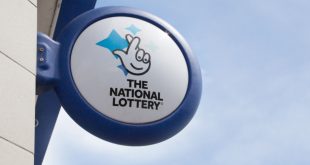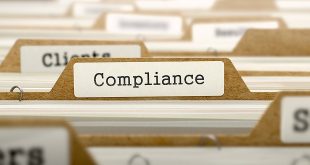Figures from the latest Health Survey for England show that around 13% of the country’s population engaged in online betting with a bookmaker in 2018, with the percentage of people who had gambled overall dropping to 51%.
The Health Survey also measured problem gambling rates using two different measures – DSM-IV and PGSI – both of which recorded levels below the generally accepted rate of 0.7%. Under DSM-IV, the problem gambling rate for 2018 was recorded as 0.5% of the population, with men more likely to have problems than women (0.7% compared to 0.3%). Using the PGSI standard, the problem gambling rate is 0.4%, with men once again higher at 0.6% compared to women at 0.1%.
The PGSI also suggested 0.8% of the population could be classified as ‘moderate risk’ gamblers. In 2016, the figure for the whole of Great Britain (not just England) was much higher at 1.1%.
The NHS has been incorporating questions around gambling into its Health Surveys ever since the funding was pulled for the National Gambling Prevalence Studies, the last of which was in 2010. Since then, the Gambling Commission has been reliant on the Health Survey to monitor the effect of gambling in society.
Given the 2010 survey had much higher DSM-IV problem gambling prevalence rates at 1.5% for men, 0.3% for women and 0.9% overall (with PGSI reported rates of 1.3% for men, 0.2% for women and 0.7% overall), this could be construed as good news.
However the chief executive of NHS England Simon Stevens still used the data to call for more money from the gambling industry. He told the media: “These new stats are a stark reminder of how common gambling is in our society and how easy it is to become addicted, particularly with the aggressive push into online gambling,” said Stevens on Tuesday.
“The NHS never stands still as health needs change, which is why we’re rolling out new specialist services to tackle mental ill health linked to gambling addiction, as part of our long-term plan.
“But it is high time that all these firms who spend many millions on marketing and advertising step up to the plate and take their responsibilities seriously.”
Other figures from the report show a range of gambling participation depending on product:
- Online betting with a bookmaker – 13% of population
- Betting exchange – 2%
- Horse races (not online) – 10%
- Dog races (not online) – 3%
- Sports events (not online) – 7%
- Other events (not online) – 3%
- Spread betting – 1%
- Private betting – 6%
- Football pools – 5%
- Bingo (not online) – 3%
- Slot machines – 8%
- Machines in a bookmakers – 4%
- Casino table games (not online) – 4%
- Poker played in pubs or clubs – 1%
- Online gambling on slots, casino or bingo games – 4%
Further reading: What the numbers say about problem gambling









